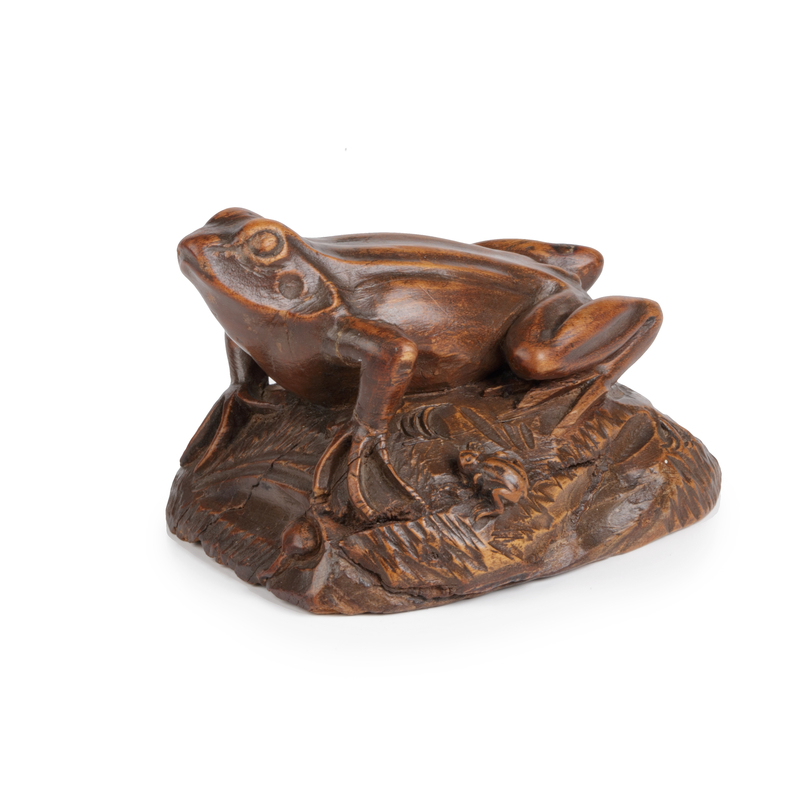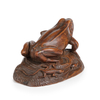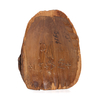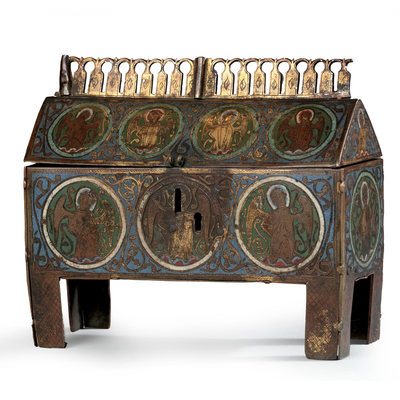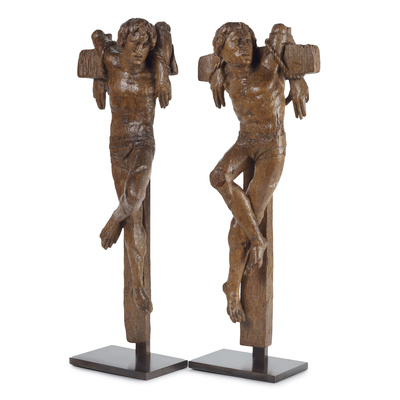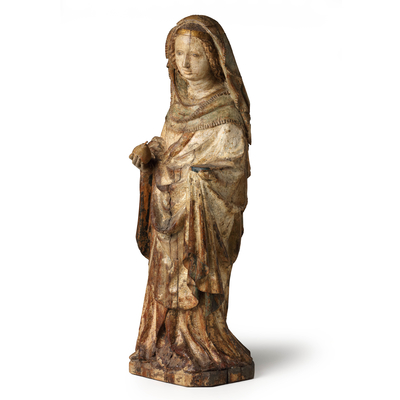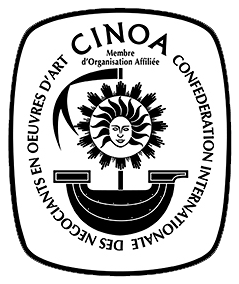Pear wood model of a frog
Global shipping available
- Origin
- Southern Germany
- Period
- Dated 1572
- Material
- Pear
- Signature
- Monogrammed PM, in ligature
- Height
- 5.2 cm
- Width
- 6.5 cm
- Depth
- 8.5 cm
- Literature
P.H. Smith, ‘In a Sixteenth-Century Goldsmith’s Workshop’, in: L. Roberts, S. Schaffer & P. Dear (ed.), The Mindful Hand: Inquiry and Invention from the Late Renaissance to Early Industrialization, Amsterdam 2007, pp. 33-57
- Provenance
Coll. Peter Wilson, London
Sotheby’s London, july 4th 1991, lot 249
Blumka Gallery
Questions about this object?
Please use one of the contact options below:
Description
This pear wood frog may have been a model for a goldsmith. The frog is sitting on a grassy embankment or shore and is about to jump; its front legs are spread and it raises its head. Also in the grass is a lizard, a small frog and a mouse. On the bottom of the pear wood model is the monogram ‘PM’ and the year ‘1572’.
The frog was probably carved as a model for a smaller gold or silver object. In the workshop of the early modern goldsmith, various craftsmen worked together, each producing their own product; the woodcarver or bronze caster made the models used by the goldsmith on commission. The models were copied to scale, larger or smaller, in silver or gold, and gave the goldsmith and his assistants guidance in the creation of the objects. This pear tree frog was carved in southern Germany, where there was a flourishing and refined metal industry from the 15th century onwards, with its centres in Augsburg and Nuremberg. Especially Augsburg developed into the centre of the European goldsmith network in the 17th century.
